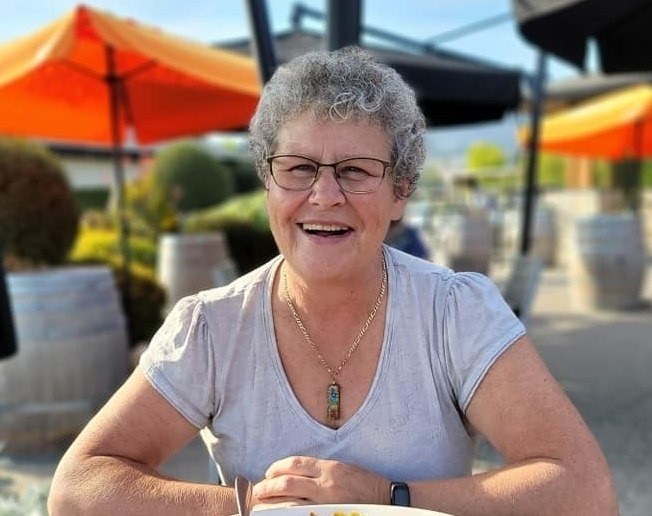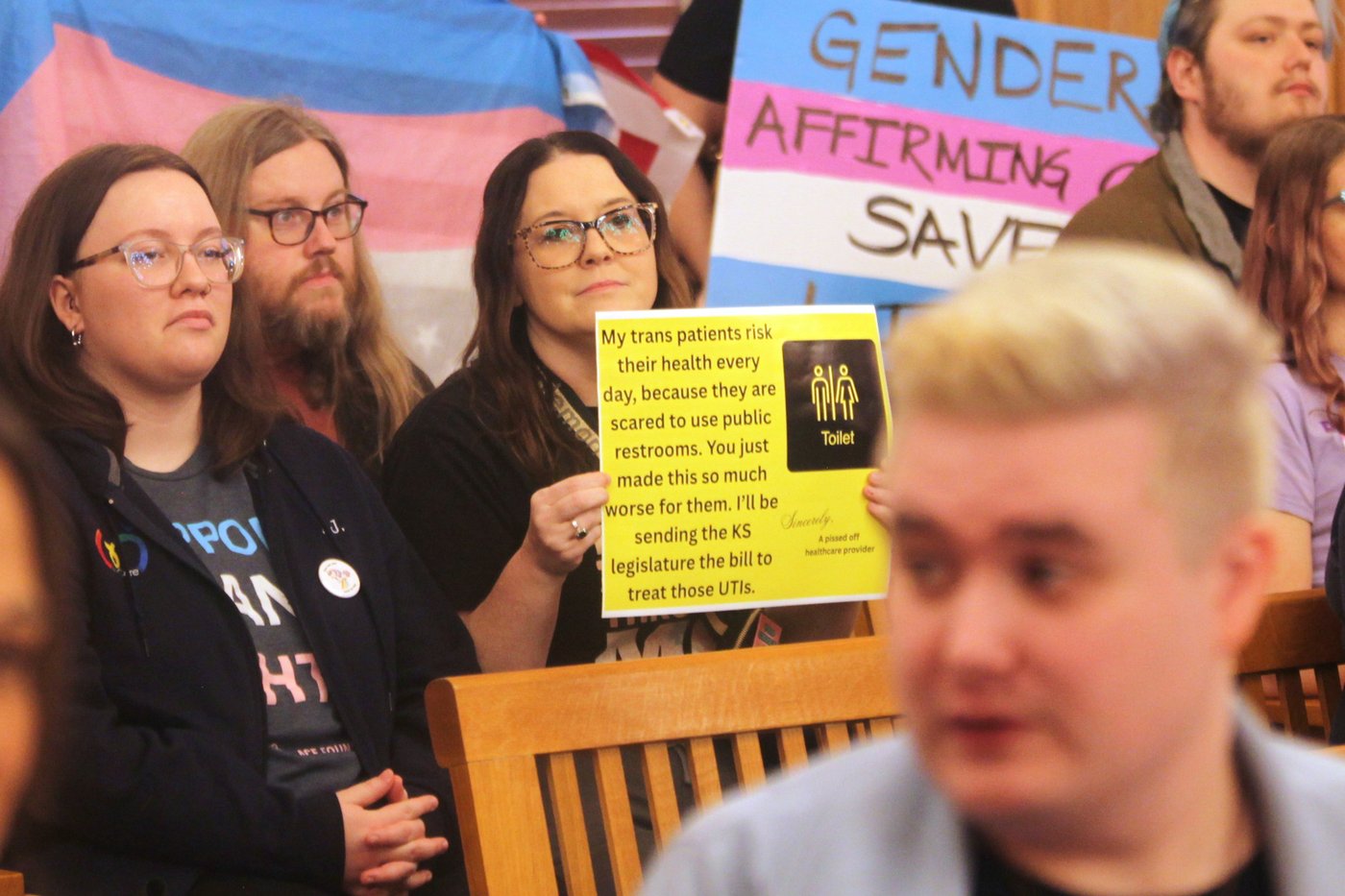Why this Kelowna death doula supports medical assistance in dying

A death doula in Kelowna is passionate about her work, despite the controversy it comes with.
Jo-Anne Haun was prompted to change her long-time career as an insurance adjustor when she lost her property in the Kootenays. She heard about the role of death doulas and was curious enough about the subject to take a college course on it in Kelowna in 2018.
During her studies she lost a good friend to terminal cancer who chose medical assistance in dying or MAID. Haun was in the room to say goodbye.
“I was able to walk the journey with her, it was a lived experience,” she said. “My friend chose to die at home so we were able to set the stage in her bedroom with her family all on the bed with her. We got to say goodbye, sing, laugh and cry, it was one of the most beautiful experiences.”
Haun was inspired by the bitter sweet experience and the dignity surrounding it. She completed her college certification and has since become an educator, speaker and doula supporting others during their palliative and end-of-life journeys.
READ MORE: MAID: Revelstoke woman demands access for dementia patients after dad suffered
Death doulas are non-medical and non-legal supports for people seeking MAID. They give solace to those at the end of their lives providing physical, spiritual and emotional care. They help provide information, resources and witnesses necessary to complete submissions for assisted dying.
“We help people prepare with advanced planning, discussing what treatments they want or don’t want and encourage them to express their wants to their loved ones. We’re advocates for a client, they don’t always know they can question health professionals.”
Haun said people don’t choose to die they choose to be out of pain, and her friend was so ill before she died she was “hopped up on pain medications” and “wanted her faculties to converse with the people she loved.”
“Everybody says as soon as the date (of death) is chosen there is a weight lifted off their shoulders,” she said. “They can live their life as fully as they want, it’s one of the few things people can control.”
The topic of MAID is highly controversial among the general public with the provinces recently asking the federal government to delay the planned expansion indefinitely.
READ MORE: Provinces ask Ottawa for indefinite pause on expansion of assisted dying eligibility
Haun said the issue is controversial due in some part to religious beliefs.
“There are religious and moral beliefs against it. Some religious groups think its evil and we shouldn’t be allowed to have that choice. But go into a long-term care facility and watch the people, they’re unaware of where they are, watch the families come in and struggle.”
She said another reason for the controversy is misinformation.
One belief she hears is that people can get access to medical assistance in dying because they are poor or homeless. As an Okanagan Chapter chair at Dying with Dignity Canada, she’s had people ask her for MAID due to financial issues but that didn’t qualify them.
“You have to have a limiting illness, your death has to be reasonably foreseeable,” she said. “There are qualification and safe guards. I work with homeless people and seniors, I know their challenges. You can’t just do (MAID) because you can’t afford to live.”
READ MORE: HOUSING CRISIS: Future uncertain for Kamloops senior living on old age pension
Death doulas do not carry out the death, that procedure is done by a medical professional.
The doulas are there to support the person, provide resources and direct them to the health authority.
If a person wants MAID they must submit an application which includes a witness who won’t benefit from the death. They must be assessed by two doctors and once approved, pick their day and time. Haun said the assisted dying process takes between eight and 10 minutes.
“The nurse comes in an hour ahead and starts an intravenous and helps the person get settled where they want,” she said. “The doctor comes in and administers three medications through intravenous, the first to calm them, the second for further relax them and the third to ensure the body is shut down.”
Haun is a cofounder of Death Doula Network International that focusses on education.
“We provide educational workshops to help people through the MAID process. It’s a different kind of grief, the grieving process starts at diagnosis. It’s the kind of grief people don’t want to talk about and if you tell someone your friend died by MAID there is horror because they don’t want to talk about it.”
Her team will be doing educational events in Kamloops and the Okanagan in the future on advanced care planning.
Haun is the owner of End of Life Alternatives based in Kelowna.
To contact a reporter for this story, email Shannon Ainslie or call 250-819-6089 or email the editor. You can also submit photos, videos or news tips to the newsroom and be entered to win a monthly prize draw.
We welcome your comments and opinions on our stories but play nice. We won't censor or delete comments unless they contain off-topic statements or links, unnecessary vulgarity, false facts, spam or obviously fake profiles. If you have any concerns about what you see in comments, email the editor in the link above. SUBSCRIBE to our awesome newsletter here.



